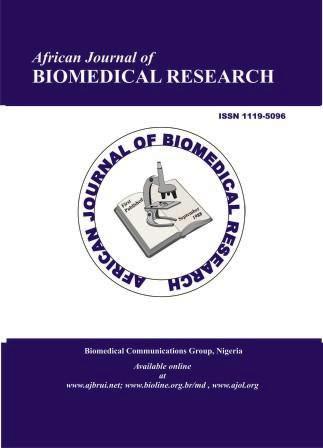Investigation Of Different Load Models For Electric Vehicle Fast Charging Station Using Differential Evolution Optimization
DOI:
https://doi.org/10.53555/AJBR.v27i4S.3592Keywords:
EVFCS, EV, bi-directional dc-dc converter, universal bridge, differential evolution, load modelAbstract
With the introduction of electric vehicle (EV) due to climate change and global warming, Electric vehicle fast charging stations (EVFCS) needs to be developed. Due to the large volume of EVFCS load, it is critical to monitor its power consumption through a suitable load model. In this manuscript, five load models, namely, Modified polynomial model (MZIP), Modified exponential load model (MEXP), Modified constant power plus exponential load model (MPEXP), Linear and exponential-dependent modified load model (MLEXP), and Modified dynamic load model (MDY), are considered to mimic the behaviour of EVFCS load. The five load models for EVFCS load is validated on IEEE-13 bus test system with the deployment of EVFCS load at bus 634. The measurements collected at the battery side is used to estimate the parameters of the load model using differential evolution optimization (DEO) technique. Out of five load models, the best load model for EVFCS load is decided based on accuracy and speed of convergence. The critical finding of this study is to develop a best load model which accurately mimic the load profile of EVFCS within least time.
Downloads
Published
Issue
Section
License
Copyright (c) 2024 African Journal of Biomedical Research

This work is licensed under a Creative Commons Attribution 4.0 International License.









